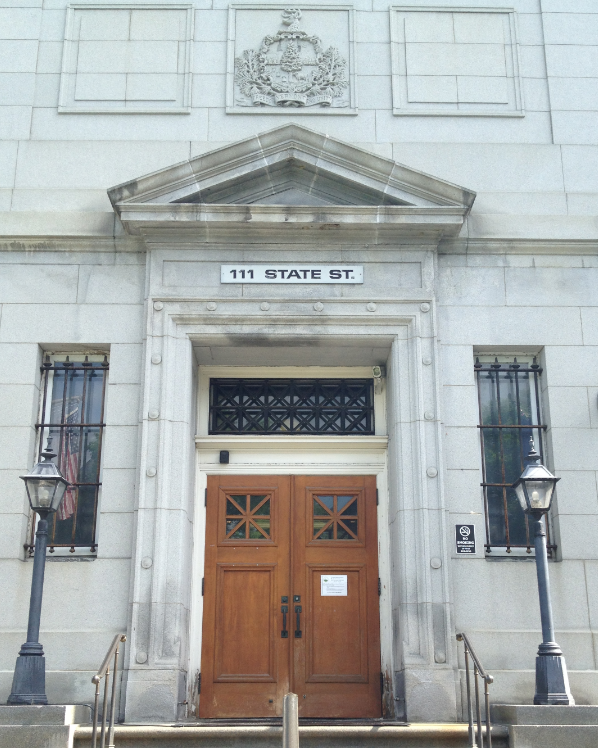Father challenges the trial court’s denial of his motion to reopen the time in which to file an appeal from a maintenance and child support order. He asserts that his motion was timely under Vermont Rule of Appellate Procedure 4(c). We affirm.
Counsel failed to prove that he did not receive notice of the court’s decision within twenty-one days, and thus failed to meet the threshold requirements for relief under V.R.A.P.4(c), which provides:
In any civil action, the superior . . . court, if it finds (a) that a party entitled to notice of the entry of a judgment or order did not receive such notice from the clerk or any party within 21 days of its entry and (b) that no party would be prejudiced, may, upon motion filed within 90 days of entry of the judgment or order or within 7 days of receipt of such notice, whichever is earlier, reopen the time for appeal for a period of 14 days from the date of entry of the order reopening the time for appeal.
(emphasis added.)
The court’s docket entries indicate that an order was mailed to the parties on Monday, March 14, 2011, twenty days after entry of the order. Counsel was on vacation beginning Thursday, March 17, 2011, and returned to work on Monday, April 4, 2011. He indicated that the mail arrived during his absence and the thirty-day appeal period had expired by the time he opened his mail. Counsel did not offer any evidence as to when the notice actually arrived in the mailbox. Instead, counsel argued only that he “received” the order when he opened his mail.
This approach would obviate our jurisdictional time limits, and it would not serve the strong interest in finality of judgments. The rule is not designed to allow the trial court to reopen the time for appeal because an attorney has not opened his or her mail. Instead we hold the “receipt” of notice contemplated under Rule 4(c) is receipt in a party’s mailbox.
The delay was not due to excusable neglect under Rule 4(d). Jurisdictional time limits do not and cannot depend on the vagaries of an attorney’s vacation schedule. Being away from delivered mail during vacation or otherwise failing to open mail, without more, is not excusable neglect. In re Town of Killington, 2003 VT 87A, ¶ 17, 176 Vt. 60, 838 A.2d 98 (internal office procedure breakdown not excusable neglect as a matter of law); Bergeron v. Boyle, 2003 VT 89, ¶ 22, 176 Vt. 78, 838 A.2d 918 (lawyer’s vacation and internal office procedure breakdown not excusable neglect); In re Lund, 2004 VT 55, ¶ 7, 177 Vt. 465, 857 A.2d 279 (mem.) (mistaken reading of rule not excusable neglect).

